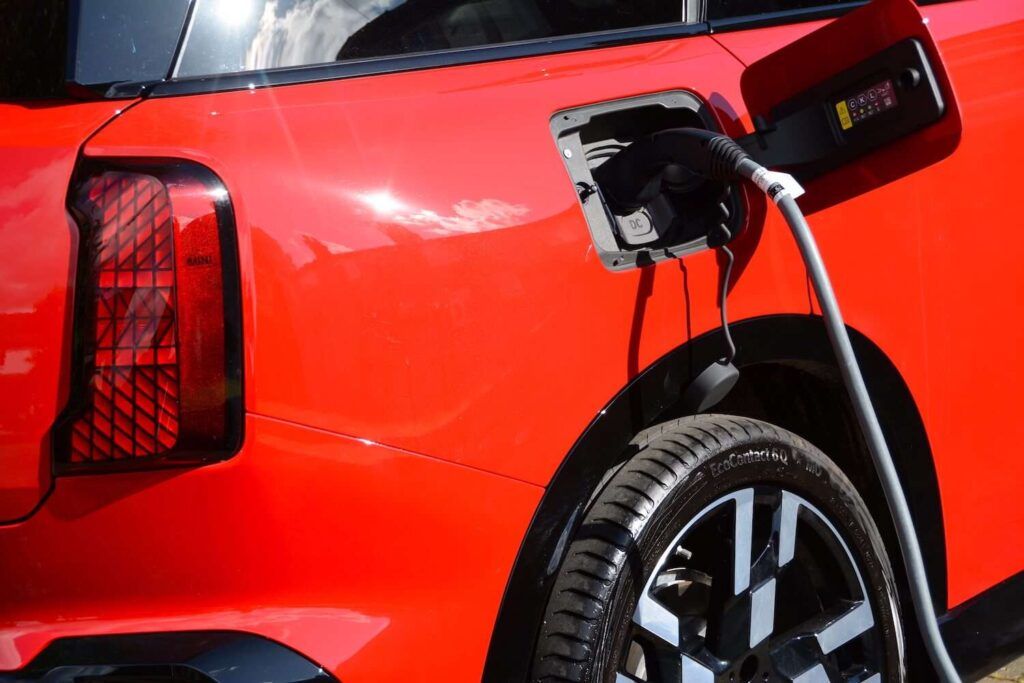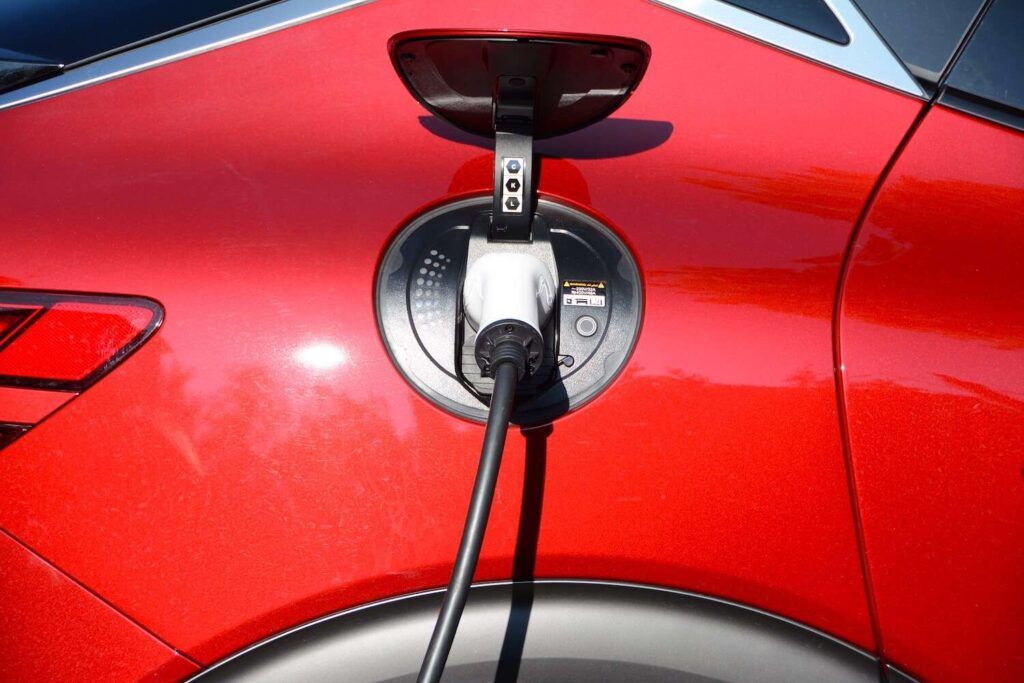Electric vehicle (EV) smart charging firm ev.energy has published its latest report, outlining how the grid currently doesn’t align with the energy and transport sector’s vision of the future of EV power.
The report, called ‘Metering Matters: Unlocking Electric Vehicle Charging Flexibility Through the Asset Meter‘, outlined how current grid management, policy, and market designs do not align with the two industry’s vision for the future power of EVs.
Its analysis of EVs in alleviating demand stress on the power grid underscored the urgent need to reassess existing metering standards to prevent strain on power infrastructure, risking our decarbonisation goals.
This involves working with aggregators, to align energy market standards, and EV metering capabilities, to effectively integrate EVs into the energy ecosystem.
It also warns that if the appropriate action isn’t taken, a continued rise in energy bills, alongside reliability issues, and holdup in grid decarbonisation efforts can be expected. To avoid this, the report outlines five core recommendations, including applying metering rules to the aggregate, not the individual asset; empowering new entrants in power markets through principle-based adaptation; improving interoperability through collaborative standards; embracing open hardware; improving telematics.
William Goldsmith, Global Head of Grid Services & Innovation said:
“A collaborative effort is essential to truly harness EV flexibility. The report’s findings demonstrate an urgent need to reform flexibility infrastructure and align market rules. EVs are a powerful tool to effectively manage the grid. However, that’s only possible if those EV Virtual Power Plants (VPPs) are built to meet the requirements for grid services.”
ev.energy’s Policy and Regulation Director, Jeremy Yapp, said:
“This paper shows that aggregating metering data can enable demand-response assets to participate in real-time markets. This is a significant step forward. Clearer, more appropriate market rules will enable aggregators such as ev.energy to provide the resilience and flexibility on which a decarbonised electricity system depends.”
This report is compiled of learnings from two sources. An Operational Metering Trial was conducted that saw ev.energy partner with the Power Responsive team at National Grid ESO (NGESO), the system operator in Great Britain, to investigate the issues of participating EV assets in real-time power markets, in particular the Balancing Mechanism (BM). The report’s findings are also underscored by an extensive evaluation of the metering capabilities of various EV charging technologies relative to energy markets’ requirements, which highlighted the urgent need for change and convergence.
Image from Shutterstock












